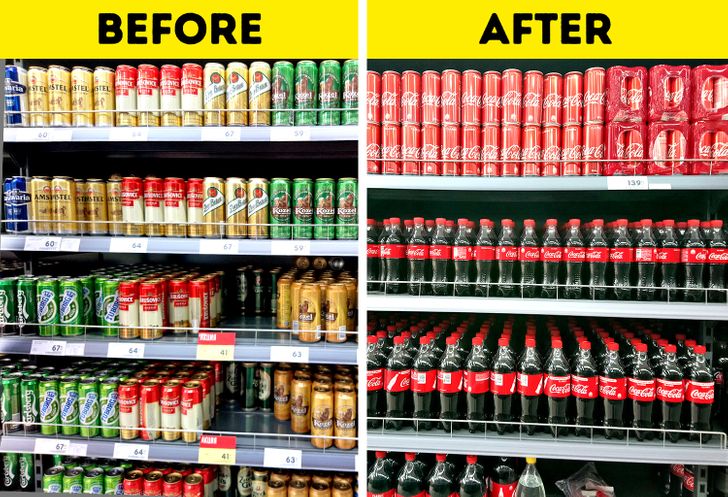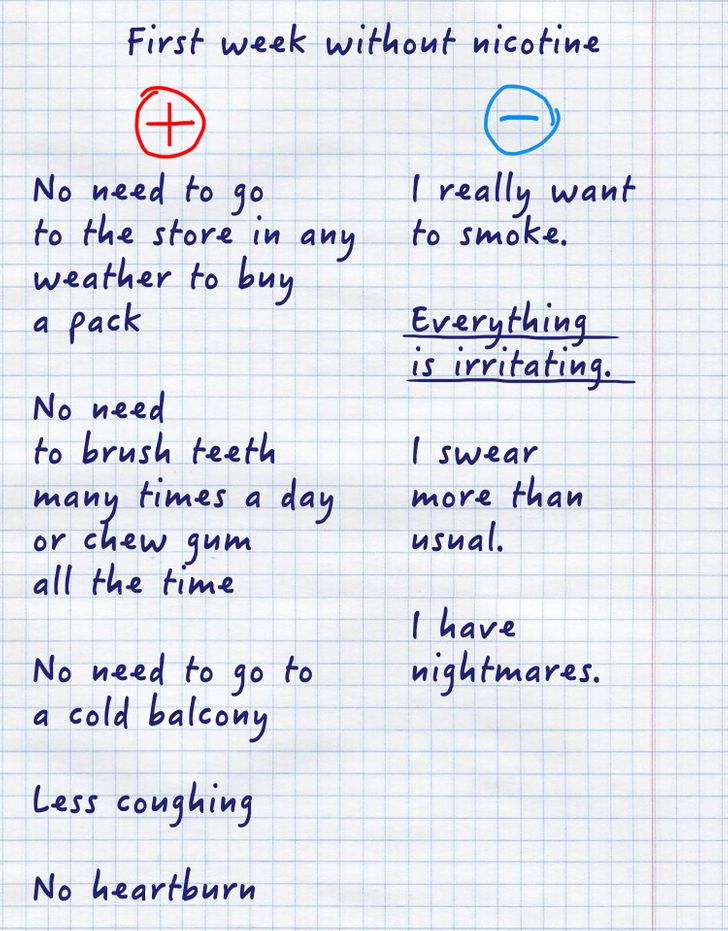Quitting smoking and drinking isn’t just a decision—it’s a lifestyle transformation. I embarked on this journey to reclaim my health and happiness, and the changes have been nothing short of life-changing. In this post, I share my personal story of giving up smoking and drinking, detailing every stage from the initial decision to the profound transformation after six months. Whether you’re considering a similar path or are just curious about the real benefits of quitting these habits, my journey offers insights, practical tips, and inspiring results.
Why I Decided To Give Up Smoking And Drinking: A Life-Changing Decision

Making the choice to quit smoking and drinking wasn’t easy, but it became clear that my health and overall quality of life were at stake. For years, I struggled with the negative effects of nicotine addiction and alcohol dependence, from diminished energy levels to a constant feeling of lethargy and low self-esteem.
Recognizing the Health Risks
Both smoking and drinking are associated with numerous health risks, including heart disease, respiratory issues, and liver damage. Research from Mayo Clinic has consistently shown that smoking increases the risk of cancer, while excessive drinking can lead to liver cirrhosis and other serious conditions. The decision to quit was driven by a desire to avoid these risks and to give my body a chance to recover.
Personal Motivation and Mental Clarity
Beyond physical health, I craved mental clarity and a more balanced lifestyle. Constant cravings and the cycle of dependence were taking a toll on my mental well-being. I realized that giving up these habits would not only improve my physical health but also boost my productivity, focus, and overall outlook on life. By choosing a path of sobriety, I was investing in a future filled with greater self-improvement and personal growth.
For more insights into the benefits of quitting smoking and drinking, check out the CDC’s guidelines on tobacco cessation.
Overcoming The Initial Hurdles: The First Challenge Of Quitting

The journey toward a healthier life began with confronting the very first hurdle: overcoming the initial challenges of quitting. The first days were a mix of determination and the reality of physical withdrawal.
Battling Withdrawal Symptoms
One of the most significant challenges was managing the withdrawal symptoms. Nicotine cravings, irritability, and anxiety are common during the first few days. At the same time, the absence of alcohol meant facing the psychological void that had long been filled by a nightly drink. I found that staying busy, practicing mindfulness, and leaning on supportive friends and family were key strategies to manage these symptoms.
Establishing a Support Network
One of the most helpful steps was building a strong support network. Joining online forums, attending local support groups, and even seeking professional counseling provided me with the encouragement and accountability needed to overcome the initial challenge. Resources like Smokefree.gov and Alcoholics Anonymous offer excellent guidance and community support for anyone on a similar journey.
Creating a Healthier Environment
I also made significant changes to my environment. This meant removing all smoking paraphernalia and alcohol from my home and replacing them with healthier alternatives. Whether it was a new hobby or a fitness routine, keeping myself engaged helped distract me from cravings and allowed me to channel my energy into positive activities.
The First Real Week Without Nicotine And Alcohol: Confronting Withdrawal and Building Resilience
After the initial shock of quitting, the first week without nicotine and alcohol was a true test of my resolve. This period was marked by intense cravings, emotional ups and downs, and a steep learning curve.
Embracing the Detox Process
The detox process, although challenging, was also a period of significant physical healing. I noticed an improvement in my breathing and a gradual reduction in the chronic cough I’d long suffered from smoking. Additionally, the lack of alcohol led to better sleep patterns and increased energy levels during the day. These early physical changes were encouraging and reinforced my decision to stay committed.

Learning to Cope with Cravings
Dealing with cravings required developing new coping mechanisms. I started practicing meditation and deep-breathing exercises, which not only helped reduce anxiety but also increased my overall mental resilience. Using apps designed for mindfulness and stress management proved to be beneficial, and they helped me track my progress over those critical first days.
Celebrating Small Wins
Each day without nicotine and alcohol felt like a significant achievement. Celebrating these small victories—like completing a week without a cigarette or a drink—provided motivation and a sense of accomplishment. It’s essential to recognize these milestones as they contribute to a stronger, more confident mindset.
For more tips on managing withdrawal symptoms, you can refer to the advice provided by National Institute on Drug Abuse (NIDA).
The First Month: Experiencing Physical and Mental Rejuvenation

Completing the first month of sobriety was a turning point in my journey. This period was characterized by remarkable improvements in both my physical health and mental well-being.
Noticeable Physical Benefits
After a month without smoking and drinking, the changes were hard to ignore. My skin started to clear up, my sense of taste and smell improved, and I experienced a noticeable boost in energy levels. The physical benefits of quitting were a powerful motivator, as I began to see tangible evidence that my body was healing and recovering.
Mental Clarity and Emotional Balance
Mentally, I felt sharper and more focused. Without the haze of nicotine and alcohol, my concentration improved, and I found that I was better able to manage stress and anxiety. This newfound mental clarity allowed me to pursue new interests and hobbies, further enriching my life. Engaging in regular physical exercise, along with a balanced diet, contributed to an overall sense of rejuvenation.
Improved Social Interactions
One unexpected benefit was the improvement in my social interactions. I no longer felt the need to hide my habits or make excuses about my lifestyle choices. Instead, I found myself enjoying more authentic connections with friends and family, many of whom were impressed by the positive changes in my life.
For additional insights on the benefits of a smoke-free and alcohol-free life, explore resources like WebMD’s smoking cessation guide and Healthline’s alcohol recovery tips.
After 6 Months: A New Lease on Life and Lasting Health Benefits

Six months into my journey, the transformation was profound. This period marked a transition from recovery to a redefined lifestyle centered on long-term health and personal growth.
Long-Term Health Improvements
After six months without smoking and drinking, the long-term health benefits became even more apparent. My risk of heart disease had significantly decreased, my lung function improved, and I experienced a marked reduction in anxiety and depression. Medical experts agree that sustained abstinence from these harmful substances can lead to dramatic improvements in overall health and longevity.
Enhanced Cognitive Function and Productivity
One of the most surprising benefits was the boost in cognitive function. With a clear mind and improved concentration, I found that I was more productive at work and better able to pursue creative endeavors. The mental fog that once accompanied my smoking and drinking habits had lifted, allowing me to embrace new challenges and opportunities with enthusiasm.
Personal Growth and Lifestyle Transformation
Beyond the physical and cognitive benefits, the journey fostered significant personal growth. I developed healthier coping mechanisms, improved my time management, and learned the importance of self-care. Quitting smoking and drinking was not just about breaking old habits—it was about redefining my lifestyle and prioritizing my well-being. This transformation has inspired me to maintain a balanced, health-conscious lifestyle that continues to evolve.
For more detailed studies on the long-term benefits of quitting smoking and alcohol, refer to research available on PubMed.
Conclusion: Embracing a Healthier Future
My journey of giving up smoking and drinking has been a profound experience, filled with challenges, victories, and life-changing benefits. From the initial decision to the hurdles of withdrawal and the gradual reclaiming of my health, every step has reinforced my commitment to a better, more fulfilling life.
By quitting these habits, I’ve not only improved my physical health but also enhanced my mental clarity, productivity, and overall quality of life. This transformation is a testament to the power of personal determination and the incredible resilience of the human body and mind.
If you’re considering a similar path, know that the road may be challenging, but the rewards are well worth the effort. Equip yourself with support, stay informed through reputable sources like Mayo Clinic and CDC, and celebrate every small victory along the way. Your journey to better health begins with a single step, and the future is brighter when you invest in yourself.
Embrace the power of change, and remember: every day without smoking and drinking is a step toward a healthier, happier you.
This article is for informational purposes only and should not be considered medical advice. Always consult with healthcare professionals before making significant changes to your lifestyle or health routines.
Preview photo credit depositphotos.com









Leave a Reply